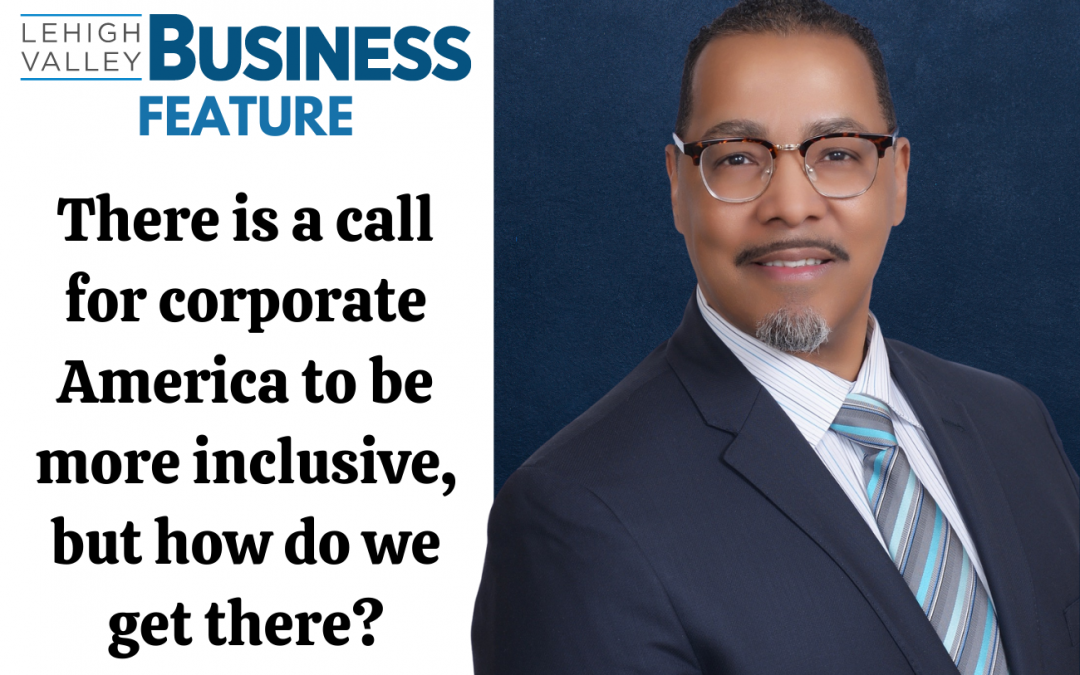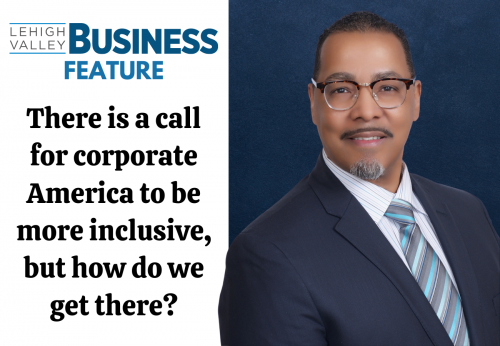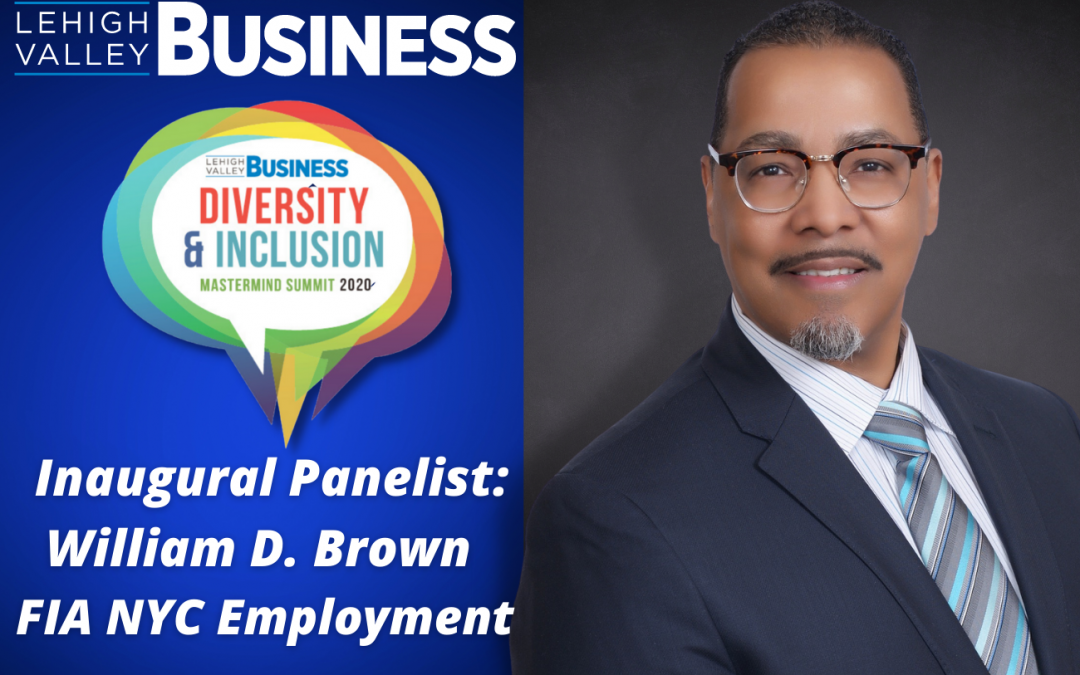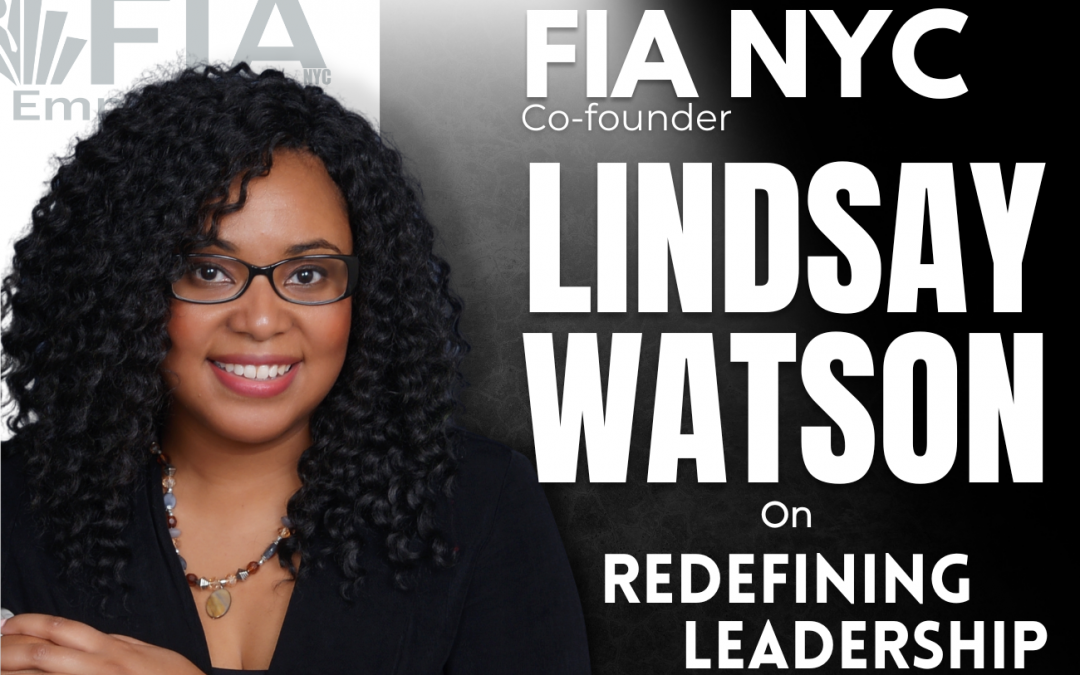
William D. Brown Featured in Lehigh Valley Business Journal

There is a call for corporate America to be more inclusive, but how do we get there? – LVB



There is a call for corporate America to be more inclusive, but how do we get there? – LVB





Read more here: https://www.lvb.com/fia-nyc-co-founder-lindsay-watson-redefining-leadership/


Lindsay Watson, of FIA NYC Employment Services, has been recognized by a program that celebrates the most outstanding young professionals in the greater Lehigh Valley area.
Watson, 39, FIA NYC’s Co-Founder, has been named one of 2020s Forty Under 40 by Lehigh Valley Business (LVB). The Forty Under 40 event celebrates the most accomplished young business people who have been making headlines in their field and who share a commitment to business growth, professional excellence, and to the community.
FIA NYC Employment Services is a full-service staffing agency headquartered in the Lehigh Valley, PA. With over 20 years of staffing experience, FIA NYC specializes in Digital, Marketing, Creative, Media and IT staffing, from entry level to C-suite. Their Professional Services division also provides staffing within: Finance & Accounting, Administrative, Sales and Customer Service.
FIA NYC was founded in 2012, and is a privately held, minority owned business (MBE).

My first job out of college was the perfect transition from class to career- a call center. I was responsible for providing customer service. At the time, I didn’t have to worry about how I presented myself and how I interacted with others, as long as I stuck to my scripts and got my calls done.
In my quest to add to my career arsenal, I later landed a role at a global investment bank. It was here that I got to wear fancy clothes and be a part of multi-million dollar projects. But the culture there was extremely different: people had more pressure to deliver. The undercurrent of deadlines muted the air of conversation. Small talk was non-existent.
Soon after, I landed my dream job in recruiting – but at the same bank. As many times as I tried, I struggled to fit into the work environment which was built on stress and little fraternization. The day was filled with conversations that weren’t genuine and the focus was more on results than integrity. The company culture was not a good fit.
As each day went by, my joy began to fade bit by bit. The “Wow, it’s so exciting to work here!”, became “I have to get out of here!” The workload was extreme, the environment consistently was stressful, and I felt unappreciated and anonymous.

Fast-forward several years and into a recession, my final Wall Street gig ended up at a staffing firm. I had just gotten free from the world of investment banking and was all too professional. My manager had to constantly remind me to relax and unwind a bit. But it was there that I found the perfect balance between being professional and being myself! I learned to use my own strengths to help clients solve their problems. I also loved the interaction with my co-workers, as we would work behind the scenes as a team to solve problems and deliver quality results. It was at this time that I learned that not all company cultures were the same.
Instead of trying to conform to my previous work cultures, I had to learn how to use my personality to perform, aka “contribute” to a work culture. For example, I used my listening skills to let my clients “air-out.” They felt comfortable enough to take off their “HR” hats and got honest with where their hiring challenges were. As a result, I was able to deliver meaningful solutions, and in return, become the top performer at my company.

It took me years to realize that I never will fit in, so long as I was trying to. But it doesn’t have to you take you that long!
A good company culture shouldn’t require you to lose yourself. It should encourage you to find yourself.
If you’re feeling lost, then you may want to ask yourself:
– Do I look forward to going to work?
– Am I a completely different person when I’m out of the office?
– How often do I find myself agreeing to things, just for the sake of fitting in – at the office?
– How about you? How do you maintain a balance in your own culture?